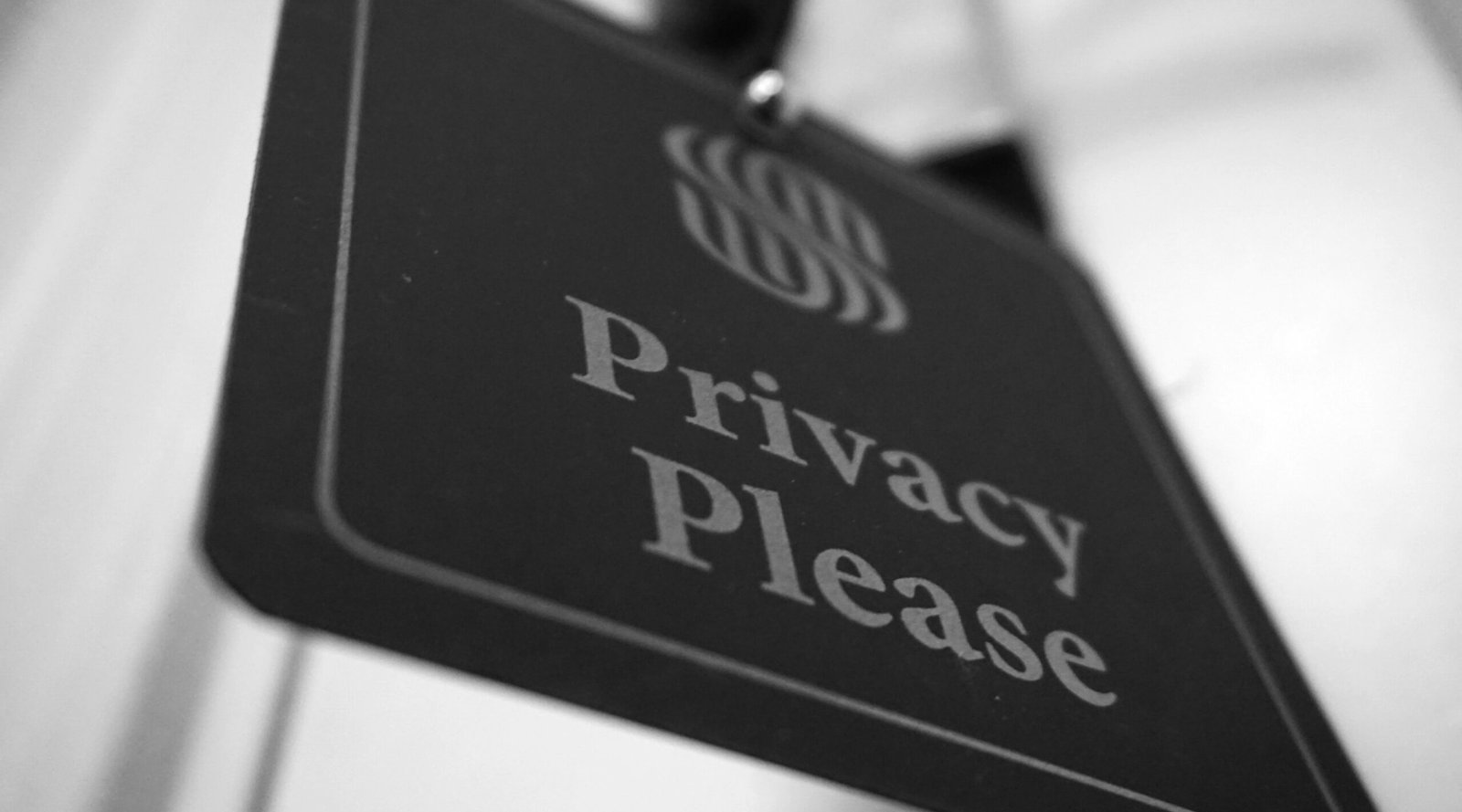Digital Privacy in 2025: Can You Really Hide Online?
In a world of AI-powered surveillance, smart devices, and behavioral tracking, the question isn’t just “Are you being watched?”—it’s “Can you even hide anymore?”
📍 Introduction: The Age of Constant Visibility
In 2025, we live in a world where nearly every moment is monitored—often invisibly. From facial recognition at airports and biometric scans in phones, to AI tracking your browsing habits in real time, digital privacy has never been more endangered.
We like to believe we can opt out, go offline, or browse in peace. But here’s the truth: hiding online is not just difficult—it’s nearly impossible.
In this article, we explore:
- Why digital privacy is under siege in 2025
- What tools do and don’t protect you
- How much control you really have over your data
- And most importantly, what you can do to fight back
🕸️ Part 1: The Myth of “Going Off the Grid”
We often hear people say:
These beliefs are outdated.
Here’s why you can’t truly hide:
| Source of Tracking | How It Works |
|---|---|
| Smartphones | Constantly ping towers, apps track location & activity |
| Web Browsers | Use fingerprinting & cookies to identify you even anonymously |
| Wi-Fi/Bluetooth | Your devices send unique signals, even when idle |
| AI Inference | Behavior analysis can guess age, gender, mood, interests |
| Smart Devices | TVs, cameras, speakers collect usage and audio data |
Even if you’re cautious, your friends’ phones, public CCTV, and shared platforms can create a profile on you.
🔍 Part 2: How Surveillance Has Evolved
Digital privacy threats in 2025 aren’t just about ads. They’re about autonomy, consent, and control.
🔓 Key Privacy Risks Today:
- Behavioral Surveillance: AI tracks what you do, when, and why.
- Emotion Tracking: Algorithms read your voice, face, even keystroke patterns to detect emotion.
- Synthetic Profiling: Data from multiple apps, banks, websites, and sensors is merged into super-profiles—often without your consent.
- Always-On Devices: From wearables to thermostats, your home is a data mine.
- Cross-App Tracking: Your Spotify knows when you’re sad. Your Google Maps knows where you eat. Your health app knows how often you sleep alone.
🧩 Part 3: Can Tools Like VPNs and Incognito Mode Still Help?
Yes—but only partially. They reduce your footprint, not erase it.
| Tool | What It Does | What It Can’t Do |
|---|---|---|
| VPN | Hides your IP and encrypts traffic | Doesn’t block trackers, cookies, or browser fingerprinting |
| Incognito Mode | Doesn’t save history or cookies locally | Your ISP, employer, and visited websites can still track you |
| Ad Blockers | Block known trackers | Can’t stop device-level or system-level surveillance |
| Private Browsers (Brave, Tor) | Mask identity, reduce tracking | May slow down browsing and aren’t foolproof |
| Encrypted Messaging (Signal, Proton) | Protects message content | Metadata (who/when/where) may still be visible |
🛡️ Part 4: What You Can Control
Even if total invisibility is impossible, you still have power. Here’s what you can do:
✅ 1. Minimize Digital Exposure
- Use privacy-respecting browsers (Brave, Firefox with uBlock Origin)
- Avoid apps that require excessive permissions
- Turn off background app refresh, microphone, and location access
✅ 2. Delete What You Don’t Use
- Use tools like JustDelete.me to close unused accounts
- Regularly clean up app permissions
- Use anonymous or masked email addresses (e.g., SimpleLogin)
✅ 3. Demand Transparency
- Choose platforms with clear privacy policies
- Ask companies what data they store under GDPR/CCPA
- Use Do Not Track and Global Privacy Control browser settings
✅ 4. Learn to Say No
- Don’t log in with Google or Facebook unless necessary
- Reject all cookies when possible
- Avoid biometric logins on shared devices
🧠 Part 5: Why This Isn’t Just About “Nothing to Hide”
Privacy isn’t about hiding criminal activity. It’s about freedom, consent, and choice.
Without privacy:
- You can be manipulated by algorithms
- Your insurance rates or job eligibility can be affected
- Your private thoughts can become corporate assets
- Your digital profile can be sold or stolen without your knowledge
🌍 Part 6: The Global Push for Privacy Rights
📜 Some Positive Trends in 2025:
- Europe: The EU AI Act mandates explainable AI and data rights.
- California & India: Expanding digital rights under CPRA and DPDP.
- Privacy-first companies like Apple, Signal, Proton, and Brave are growing.
- Rise of decentralized identity (DID) and Web3 wallets for user-owned data.
Still, many platforms use dark patterns and collect more than necessary, so the fight is far from over.
🧭 Conclusion: You May Not Be Able to Hide—But You Can Resist
In 2025, perfect privacy is a myth—but that doesn’t mean you’re powerless.
Start small:
- Change your browser habits
- Use encrypted tools
- Reduce your data footprint
- Be intentional about the tech you use
Ultimately, privacy is about choice—and in a world that’s watching, choosing wisely is an act of digital rebellion.
✅ TL;DR – Can You Really Hide Online in 2025?
| Myth | Truth |
|---|---|
| Incognito keeps me anonymous | It only hides history from you, not the web |
| VPNs make you invisible | They hide IPs, not identity or behavior |
| I don’t use social media, so I’m private | Your data is collected via devices and other users |
| I have nothing to hide | That doesn’t mean you have nothing to protect |
| Privacy is dead | No—but it takes effort, awareness, and the right tools |








